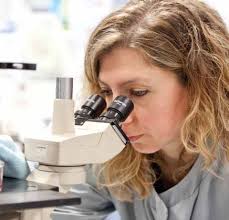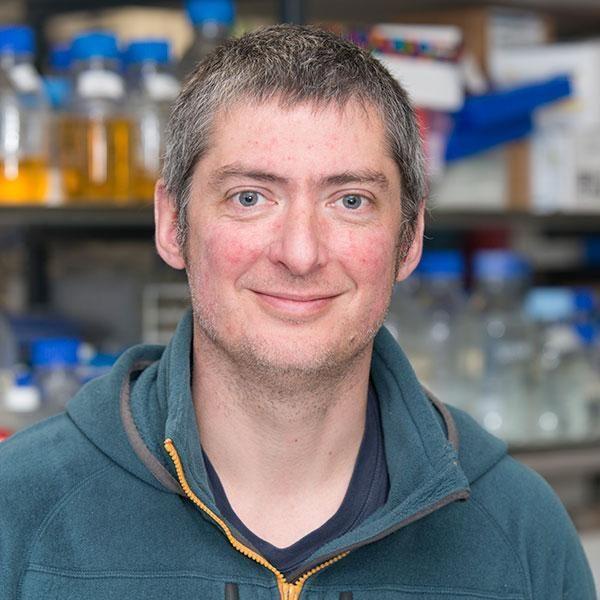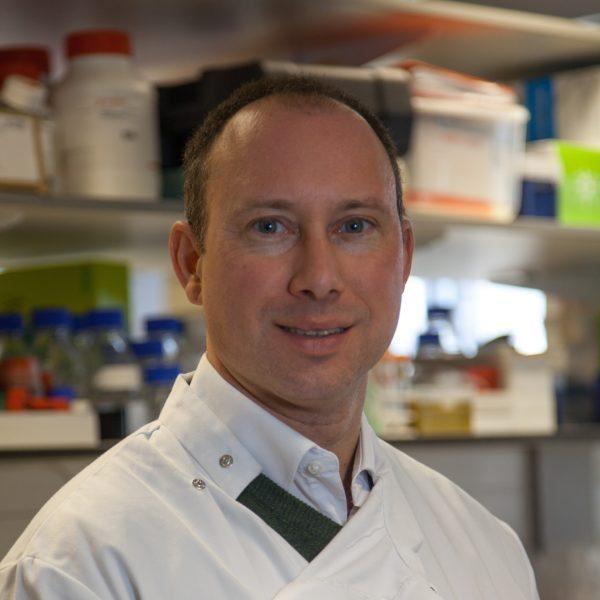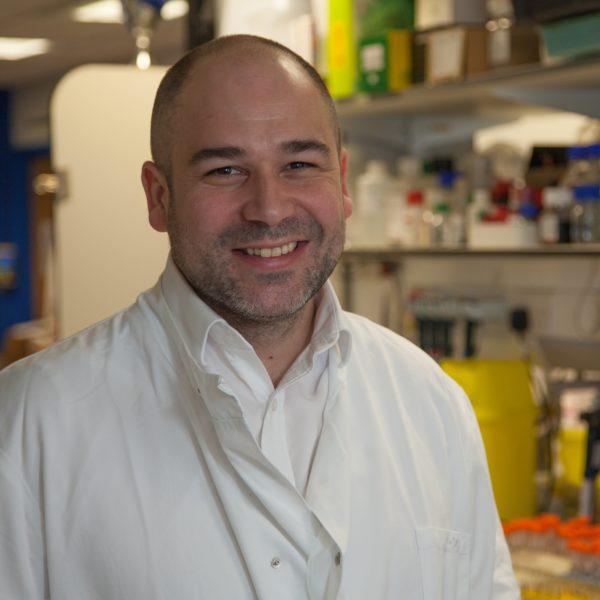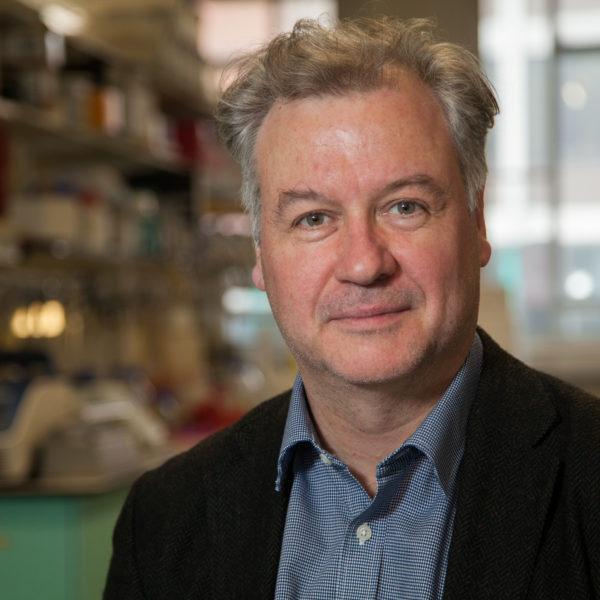Staff Directory
Dr Katiuscia Bianchi
Reader in Cell Biology
The focus of our lab is to study how inflammation, via modulating cellular metabolism, affects different aspects of cancer biology. In particular, we are interested in understating how obesity-associated inflammation rewires cellular metabolism, increasing the risk of breast cancer in obese women.
Professor Andy Finch
Professor of Cancer Metabolism
Our group studies changes in metabolism and metabolic stresses that are caused by oncogene activation and how these stresses lead to tumour suppressive responses.
Dr Barrie Peck
Senior Lecturer
My lab aims to understand the alterations in metabolism that take place in cancer and investigate whether extrinsic factors, such as diet, influence cancer metabolism and disease trajectory. We then want to uncover whether these dependencies can be exploited therapeutically.
Dr John Riches
Clinical Reader in Cancer Immuno-metabolism
My major research interest is understanding the metabolism of chronic lymphocytic leukaemia and lymphoma with the aim that this will underpin the development of the next generation of anti-metabolic drugs for these diseases.
Dr Kevin Rouault-Pierre
Reader in Stem Cell Biology and Disease
My main research interests are in haematopoietic stem cells (HSCs) and leukemic initiating cells. I seek to understand how intrinsic and extrinsic signals are integrated by normal and malignant stem cells.
Professor Peter Szlosarek
Professor of Medical Oncology
My main research interest is in exploring why ASS1 is aberrantly expressed in human cancers and how this knowledge may be exploited for anticancer therapy. I lead an active translational programme from bench to bedside of the arginine-depleting agent ADI-PEG20 in several hard-to-treat cancers.
Dr Paul Grevitt
My research projects involve identifying tumour suppressors involved in regulating the hypoxic response and metabolic stress, with the aim to identify novel targeted therapies against these.
Dr Elien Heylen
My research is focused on the tumour microenvironment of breast cancer with a particular focus on metabolic crosstalk between pericytes and its surrounding environment.
Dr Katarina Kluckova
We are interested in metabolic dependencies of B-cell lymphomas, in particular the serine synthesis pathway and one carbon metabolism.
Dr Mike Williams
My research focusses on understanding cancer-specific metabolism in acute myeloid leukaemia and targeting this metabolism to overcome therapeutic resistance. I also explore the role of diet and obesity in leukaemogenesis and response to therapy.

